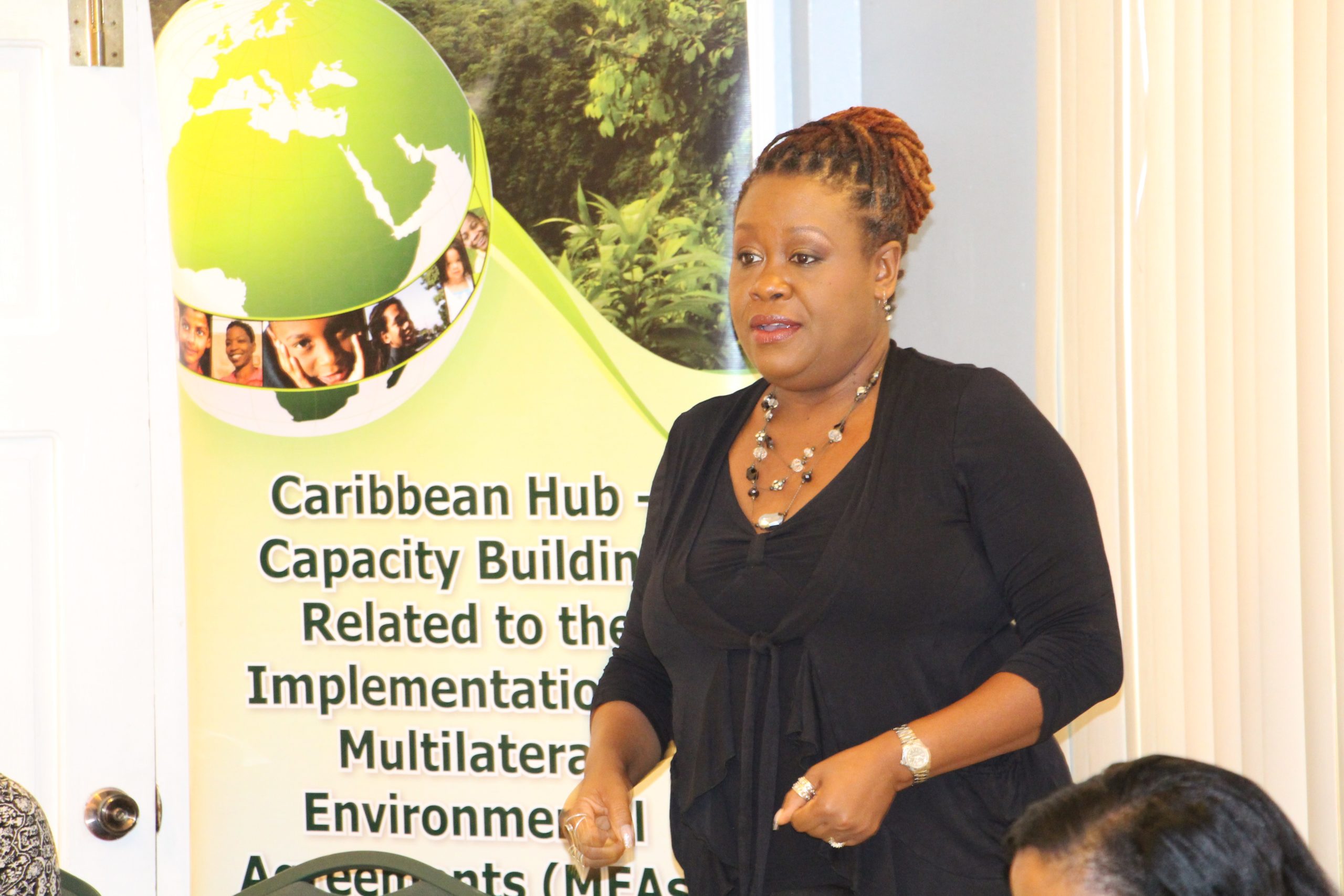Capacity Building related to the Implementation of Multilateral Environmental Agreements (MEAS) in African, Caribbean and Pacific (ACP) Countries – The Caribbean Hub

Background
The Caribbean Community (CARICOM) Secretariat is the Caribbean Hub of the Programme for Capacity Building Related to Multilateral Environmental Agreements (MEAs) in African, Caribbean and Pacific Countries, known as the ACP-MEAs Programme.
The programme is funded by the European Commission through the
Secretariat of the African, Caribbean and Pacific Group of States. The
United Nations Environment Programme is the overall global programme
coordinator and facilitator, and the project is being implemented in the
Caribbean through the CARICOM Secretariat’s Sustainable Development and
Environment Programme. The first phase of the ACP-MEAs programme ran
from 2009-2014, and the current phase is scheduled to run until 2017.
Project Overview
The aim of the Caribbean Hub project is to strengthen Caribbean countries’ capacity to effective implement the MEAs to which they are party, and therefore to build capacity for sound environmental management and sustainable development.

MEAs are important tools for global environmental management, protection and governance. They address major environmental problems that have an international scope and impact. Countries that become Parties to MEAs make a commitment to work towards internationally agreed environmental objectives.
Caribbean countries are Parties to, and have been strong supporters of, many MEAs. However, like many developing countries, Caribbean countries have found it difficult to fulfill their obligation under these agreements because of a lack of capacity to address emerging and increasingly complex scientific and technical issues. Meanwhile, environmental degradation in the Caribbean continues to have negative impacts on ecosystem health, sustainable economic growth, and human well-being.

Via the ACP-MEAs programme, the CARICOM Secretariat provides training, technical advice, guidance documents and handbooks, and policy and advisory support to help countries improve MEA implementation and address challenges related to loss of biodiversity and the sound management of chemicals and waste. Improvements in these two focal areas will contribute to better overall management of the environment and natural resources of Caribbean countries.
Project Publications
Handbooks and Guides
Guide to Multilateral Environmental Agreements for Customs Officers
Factsheets
The Convention on the Conservation of Migratory Species of Wild Animals (CMS)
The Minamata Convention on Mercury
Waste and Chemicals Management in CARICOM Countries: The Stockholm Convention
Waste and Chemicals Management in CARICOM Countries: The Rotterdam Convention
Waste and Chemicals Management in CARICOM Countries: The Basel Convention
The Convention on International Trade in Endangered Species of Wild Fauna and Flora (CITES)
Strategic Approach to International Chemicals Management (SAICM)
The Montreal Protocol on Substances that Deplete the Ozone Layer
Summary of MEAs Ratification in Caribbean ACP Countries
International Convention for the Prevention of Pollution from Ships (MARPOL)
